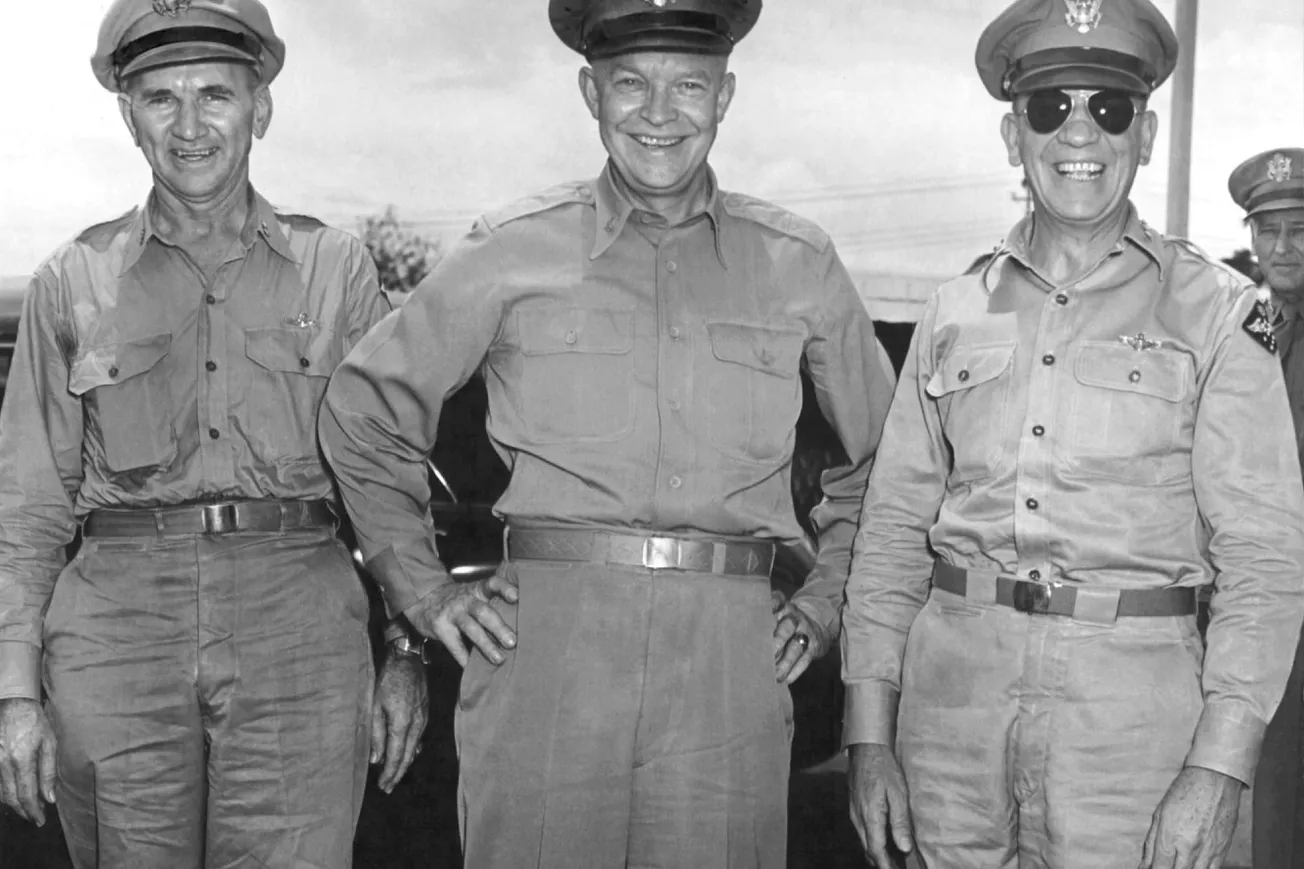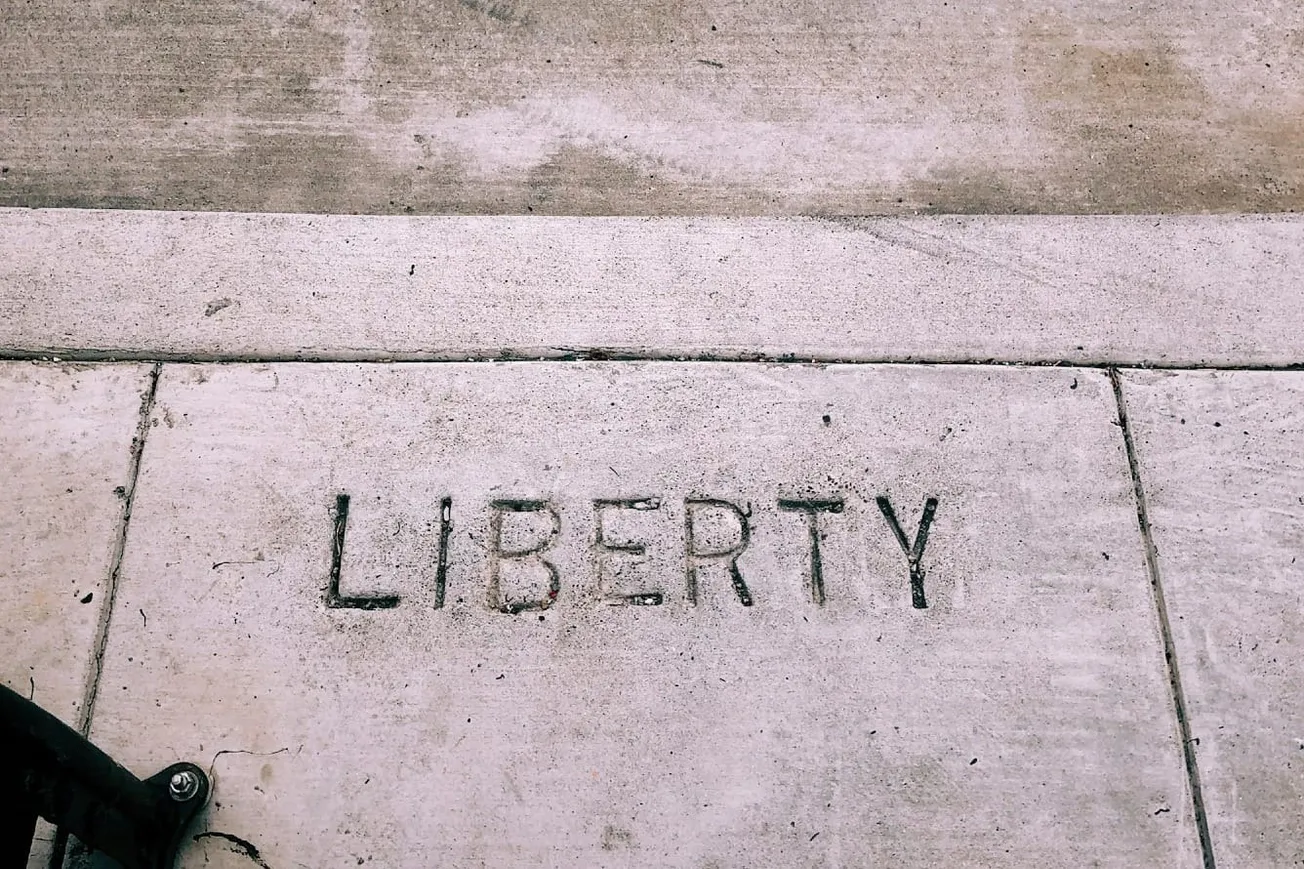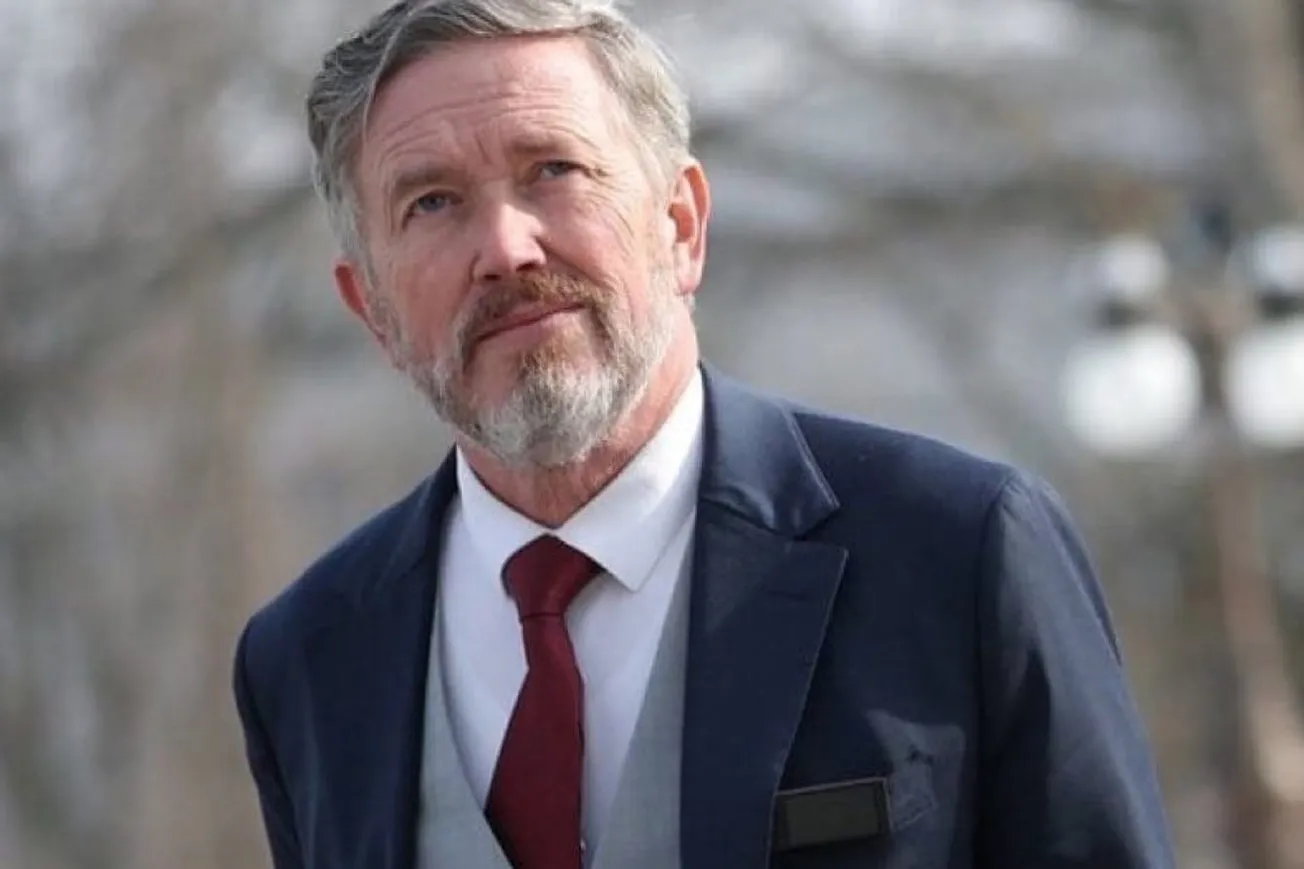By Rep. John J. Duncan Jr., The Ron Paul Institute for Peace and Prosperity | December 19, 2024
“God help the Nation when it has a President who doesn’t know as much about the military as I do.” – President Dwight D. Eisenhower speaking to his trusted White House Staff Secretary, Gen. Andrew Goodpaster.
These words are quoted in the book “Ike’s Bluff – President Eisenhower’s Secret Battle To Save The World” by Evan Thomas.
In the same paragraph as the words above are these: “When Defense Secretary Neil McElroy warned him that further cuts would harm national security, Eisenhower acerbically replied, ‘If you go to any military installation in the world where the American flag is flying and tell the commander that Ike says he will give him an extra star for his shoulder if he cuts his budget, there’ll be such a rush to cut costs that you’ll have to get out of the way.’”
President Trump did a good job leading this nation into four years of peace and prosperity during his first term. His next four years may be more difficult considering the challenges we face both at home and abroad.
Trump would do well to pattern his presidency after that of Eisenhower who gave the country eight years of peace and prosperity with the exception of a brief recession for a few months in 1958.
Eisenhower did it even though he had only had a Republican Congress during his first two years. He did it in significant part by being tough enough to issue 181 vetoes (only two of which were overridden), and issuing 484 executive orders.
Eisenhower was probably the most anti-war president we have ever had, and he brought the Korean War to an end. Hopefully, Trump will end this sad, unnecessary, stupid war in Ukraine.
The speech that Eisenhower is most remembered for is his farewell address given on national television on the evening of January 17, 1961. He talked of the “grave implications” of “an immense military establishment and a large arms industry.”
Then he added these famous words: “In the councils of government, we must guard against the acquisition of unwarranted influence, whether sought or unsought, by the military-industrial complex. The potential for the disastrous rise of misplaced power exists and will persist.”
Less famous are these words from the same speech: “The prospect of domination of the nation’s scholars by federal employment, project allocations, and the power of money is ever present – and is gravely to be regarded.”
He added: “Yet, in holding scientific research and discovery in respect, as we should, we must also be alert to the equal and opposite danger that public policy could itself become the captive of a scientific-technological elite.”
In Eisenhower’s first major speech after his inaugural address, he spoke to the American Society of Newspaper Editors in Washington on April 16, 1953. This was probably the most anti-war speech ever given by an American President.
He said: “Every gun that is made, every warship launched, every rocket fired signifies, in the final sense, a theft from those who hunger and are not fed, those who are cold and are not clothed. This world in arms is not spending money alone. It is spending the sweat of its laborers, the genius of its scientists, the hopes of its children … This is not a way of life at all … it is humanity hanging from a cross of iron.”
This speech is quoted above Eisenhower’s grave and is also quoted in a book by Brett Baier entitled “Three Days In January – Dwight Eisenhower’s Final Mission.”
Throughout most of my life, I assumed that dropping the bombs on Hiroshima and Nagasaki ended World War II and saved American lives. In Baier’s book, he writes this about plans to drop atomic bombs: “The idea sickened Ike.”
He told of a meeting with Secretary of War Henry Stimson: “I voiced to him my grave misgivings, first on the basis of my belief that Japan was already defeated and that dropping the bomb was completely unnecessary, and secondly because I thought our country should avoid shocking world opinion by the use of a weapon whose employment was, I thought, no longer mandatory as a measure to save American lives … Japan was, at that very moment seeking some way to surrender with a minimum loss of face.” He later expressed his “strong disagreement” to Truman.
Trump will probably feel pressure from the military-industrial complex, the Israel Lobby, and even some people around him and members of Congress who want to be modern-day Winston Churchills and fight some war someplace.
I hope that President Trump will be strong enough to resist these pressures and that he will leave office after his second term known as a president of peace like Eisenhower.
Reprinted with author’s permission from the Knoxville Focus.
John James Duncan Jr. is an American politician who served as the U.S. representative for Tennessee's 2nd congressional district from 1988 to 2019
Original article link









